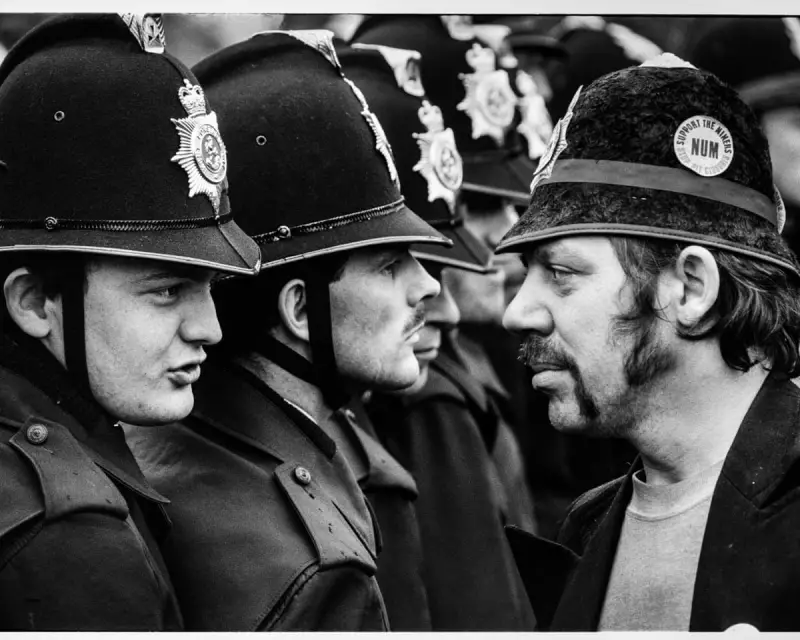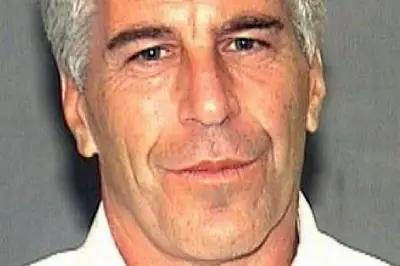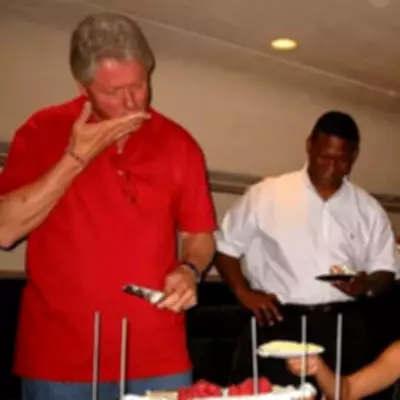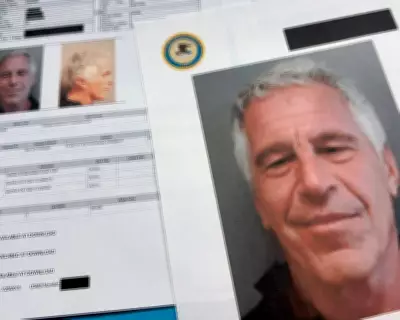
The announcement of the Orgreave inquiry has reignited debates over one of Britain's most contentious policing episodes—the violent clashes between officers and striking miners in 1984. Decades later, the inquiry seeks to uncover the truth behind the events at Orgreave coking plant, where allegations of police misconduct and excessive force have lingered.
Why Now?
After years of campaigning by activists and former miners, the government has finally greenlit an official investigation. The timing raises questions—why has it taken nearly four decades? Some speculate political pressures, while others believe new evidence may have emerged.
Key Questions
The inquiry will focus on several critical issues:
- Police Tactics: Were officers directed to use excessive force?
- Accountability: Who authorised the operational decisions on the ground?
- Cover-Up Allegations: Did authorities manipulate evidence or testimonies?
- Impact on Communities: How did the events deepen divisions in mining regions?
For many, this inquiry represents a final chance for transparency and closure. Yet, sceptics argue it may reopen old wounds without delivering meaningful justice.
What’s at Stake?
Beyond historical reckoning, the findings could influence modern policing debates, particularly around protest management and accountability. With public trust in law enforcement under scrutiny, the inquiry’s conclusions may resonate far beyond Orgreave.





